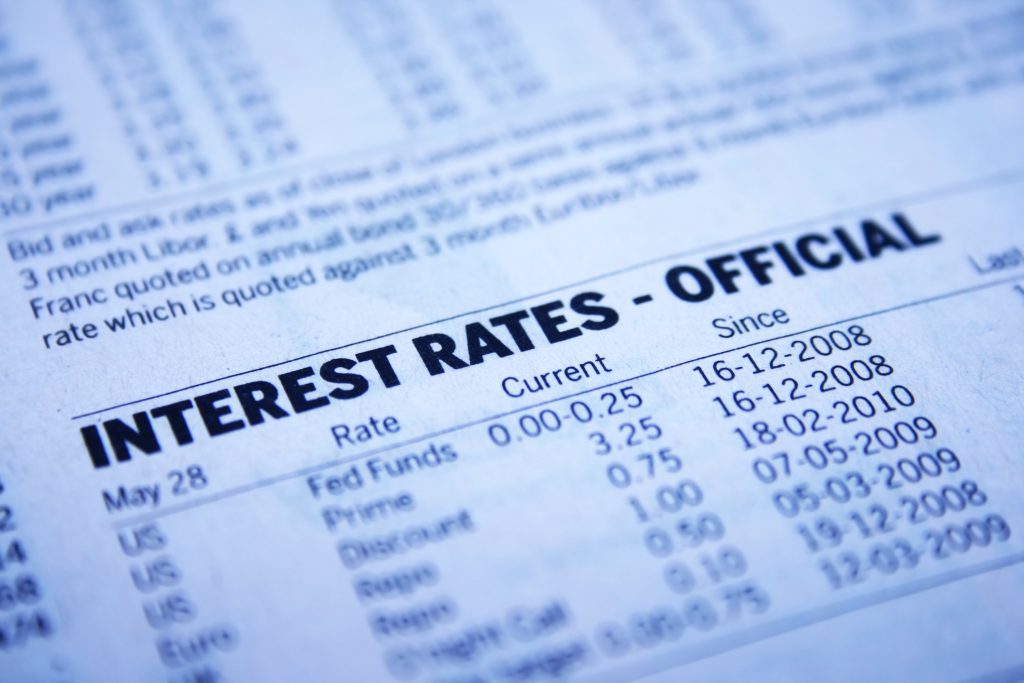On March 21, 2024, Turkey’s central bank surprised economists by raising its key interest rate from 45% to 50%. This move comes as the country grapples with soaring inflation, which reached 70% in 2023 affecting the real value of money savings.
The hike surprised financial markets, as many analysts expected the central bank to hold rates steady due to the upcoming elections. This suggests a stronger commitment to fighting inflation than previously anticipated. This is the latest in a series of interest rate hikes by the central bank since June 2023. The benchmark rate has been raised from 8.5% to 50% in an effort to combat inflation.
Despite the rate hikes, inflation continues to soar in Turkey. The February 2024 inflation rate reached 70%, highlighting the challenge the central bank faces. The central bank indicated that it may raise rates further if inflation does not show signs of peaking. This could continue to dampen economic activity in the short term.
Why Did Turkey Raise Interest Rates?
The central bank’s primary هدف (hedef, goal) is to curb inflation. Higher interest rates discourage borrowing and encourage money savings, which can help to slow down economic growth and temper inflation.
In the ever-shifting realm of global finance, Turkey has recently become a focal point for investors worldwide. With the Turkish Central Bank’s bold decision to raise interest rates to an unprecedented 50%, the financial landscape is primed for a thorough examination of its implications for those interested in potential savings in emerging markets.
Moving Money to Turkey: Money Saving Concerns
For foreign savers looking to move funds to Turkey and capitalize on higher interest rates, several key concerns arise:
Lira Stability

If rate hikes fail to control inflation, the Turkish lira may face further devaluation. This could drive up import costs, worsening inflation. The allure of high interest rates may seem enticing at first glance, but the lurking threat of inflation could nullify any apparent benefits. Should inflation persist on its upward path, it’s not solely the numerical returns that are impacted. The real twist arises when factoring in the fluctuations of exchange rates.
A weaker Lira, faltering under the burden of persistent inflation, implies that upon converting your savings back into pounds or dollars, a harsh reality check may await. Fundamentally, the depreciated exchange value could effortlessly erode any interest gains, placing investors in a less favourable position than expected. This highlights the significance of a prudent strategy when navigating the high-yield, high-risk savings alternatives in emerging markets. Alternatively, the interest rate increase might bolster the Turkish lira, attracting foreign investors to Turkish assets. A stronger lira could reduce import expenses.
Political Factors
The decision to raise interest rates precedes local elections set for March 31, 2024. President Erdogan, who has criticized high interest rates in the past, may view this action as a show of independence by the newly appointed central bank governor. In this light, the move highlights a delicate balance between economic pressures and political persuasion. A substantial change in monetary policy might evoke volatility in Turkish assets. Therefore, an astute investor should closely monitor developments before making significant moves.
As living costs continue to rise, citizens may respond negatively to interest rate hikes. This could impact voter behaviour towards the incumbent party during local elections. On the other hand, a stable economy that maintains high interest rates might receive more praise from voters. This creates an interesting political dynamic for future monetary policy decisions in Turkey.
Negative 20% Net Interest
For global savers and investors, the appeal of Turkey’s high-interest rates is undeniable, giving what appears is a high rate of return on their the money savings. The opportunity to earn substantial returns on savings accounts and other financial instruments is enticing, especially in a time when traditional safe investments offer minimal yields. However, the alluring prospect of high profits comes with its share of risks. Turkey’s soaring inflation rate, currently at 70%, significantly diminishes the actual value of potential earnings, overshadowing the nominal interest rate gains. Furthermore, the unpredictable nature of Turkish politics adds another layer of uncertainty to the already volatile market.
Based on the below data your money transferred into TRY at 50% interest rate, would actually be worth 20% less if inflation was translated into the weaker Lira at the same rate.
| Quarter Date | TRY/USD | Interest Rate (%) | Inflation Rate (%) | Net Interest Rate (%) |
| 30 June 30, 2023 | 17.50 | 8.5 | 38.30 | -29.80 |
| 30 September, 2023 | 18.75 | 15.0 | 61.70 | -46.70 |
| 31 December, 2023 | 22.40 | 35.0 | 64.90 | -29.90 |
| 21 March, 2024 | 32.42 | 50.00 | 70.00 | -20.00 |
Professional Intelligence® in Action for Money Savings
By embracing the principles of Professional Intelligence®, individuals can navigate international financial challenges with confidence and clarity. This entails not only examining numerical data but also grasping the broader economic, social, and political context shaping these financial terrains.
Professional Intelligence® suggests that the impact of the interest rate hike on savers hinges on its effectiveness in curbing inflation. While increased interest rates on savings accounts are beneficial, they might not fully counteract the erosive effects of inflation. Given the higher inflation rate compared to the interest rate, it would be prudent not to transfer funds to Turkey. Retaining funds in stable local jurisdictions like the UK, USA, or Canada would likely yield a better net gain.
For money saving strategies visit our complementary Savvy Savings Blueprint, which provides an introduction on how to apply Professional Intelligence® for sound and smart financial decisions. Just like in this blog where a high interest rate may seem alluring, it is only when you go through the logical step by step process and apply professional intelligence® that you realise this may not be such a prudent path after all.






